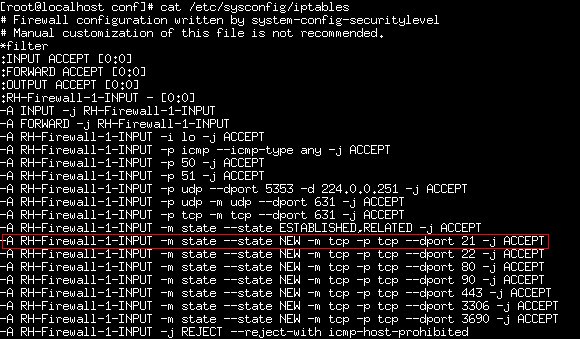Computer technologies are being developed and designed all the time as people seek new technologies and new features we all might want to use in the future. Technologies which will ease our lives, make things simpler for us, and more efficient.
new technologies and new features we all might want to use in the future. Technologies which will ease our lives, make things simpler for us, and more efficient.
Creating technologies require resources, and finance, it is not enough to have the new computer technology idea. In order to manifest the idea into something material, something we can use, you need to create the idea, to make the technology. Well such creation is being done by companies. They have the resources, the man power, and tools to enable the idea become a reality.
This article is about those companies (well some of them). There are so many ideas popping up every day, you can’t track them all, you can’t make them all. There are companies which work on new ideas every day, and you probably heard of many of them.
Here are some of those computer technology companies:
- Microsoft – This company has been known for creating new technologies, they have developed the most commonly used operating system, which most of us use every day. Their Windows operating systems have created a new way of using computers, using mouse and keyboards to create a new way of computer programs. Their OS and their applications have changed the future into the computer life we know today.
- APPLE – Apple has always been a pioneer of computer technology solutions. They where the first to create the windows operating system for graphic designers which where the first Macintosh computers, that enable graphic designers to use a mouse and keyboard to accurately create
 their designs. Some would say Microsoft windows where the pioneers, but as one of those who started computers with the black screen using only text, while taking advantage of the Microsoft DOS, I can say for a face Macintosh was the first to see the light of day. Apple has always been unique, keeping to themselves, keeping their operating system’s environments closed to their own OS and applications. The I-phone cellular phone, is one of their best and common computer technology being used by many which loved their palm sized computer, which could also be used as a cell phone.
their designs. Some would say Microsoft windows where the pioneers, but as one of those who started computers with the black screen using only text, while taking advantage of the Microsoft DOS, I can say for a face Macintosh was the first to see the light of day. Apple has always been unique, keeping to themselves, keeping their operating system’s environments closed to their own OS and applications. The I-phone cellular phone, is one of their best and common computer technology being used by many which loved their palm sized computer, which could also be used as a cell phone. - SCORPIO TECHNOLOGY – This company specialising in supplying schools and the public with different types of technology kits which include solar car solutions and clock technologies. The main idea is for students to create their own devices with learned skills and enjoy those devices on their day to day life. The technology is built upon learning tools which include the study of different skills, using electrical and mechanical components. The kits include
 teaching aids and tools. Clocks creating using different designs, woodwork, pens etc…. Solar cars can be created using solar cells, solar modules and other different suitable components that enable the creation of solar cars.
teaching aids and tools. Clocks creating using different designs, woodwork, pens etc…. Solar cars can be created using solar cells, solar modules and other different suitable components that enable the creation of solar cars. - YOGGIE – Yoggie security systems, had a great innovative idea, they have created a miniature (USB / express card fit) Linux computer which held a full firewall security system, protecting against all harms, which are out there, no matter where you connect with your computer, either a secured or non secured wireless router, you will be protected. The innovative architecture was a brilliant design. Eventually the design miniatures into a chip like a cpu processor, which can be built into the laptop’s circuits to protect your laptop at all times.
This is just an example of how companies have shaped the computer technology age, we can just enjoy it.

 and as such, programmers have developed different firewall applications for it. Some are built into the operating system distribution package, Ubuntu, Suse, Red-Hat etc…
and as such, programmers have developed different firewall applications for it. Some are built into the operating system distribution package, Ubuntu, Suse, Red-Hat etc…
 nd understand and you can define different of the firewall elements like the zones, hosts, networks etc… You also get to manage and decide which of the services to enable. The simplicity is that you can do all that by editing an XML file or by using
nd understand and you can define different of the firewall elements like the zones, hosts, networks etc… You also get to manage and decide which of the services to enable. The simplicity is that you can do all that by editing an XML file or by using 
 that enables a simple description of what you need the firewall to do, and the system enables it, without a deep understanding of what exactly goes under the hood of it all.
that enables a simple description of what you need the firewall to do, and the system enables it, without a deep understanding of what exactly goes under the hood of it all.